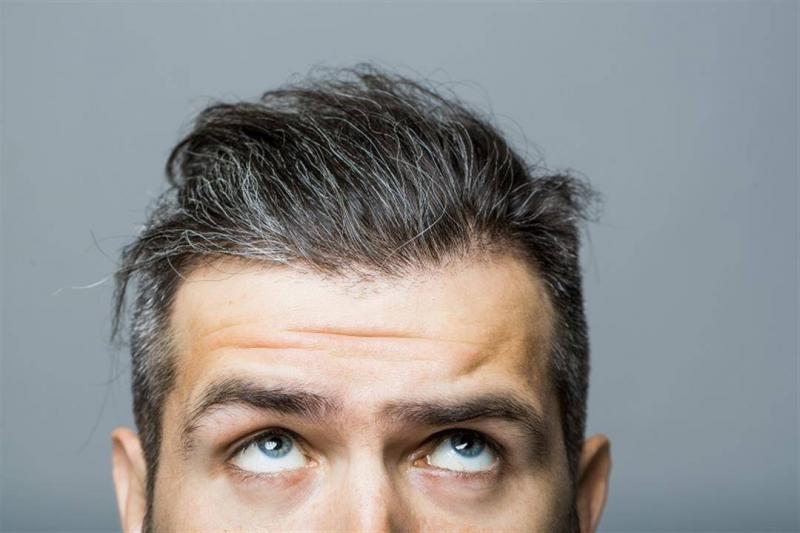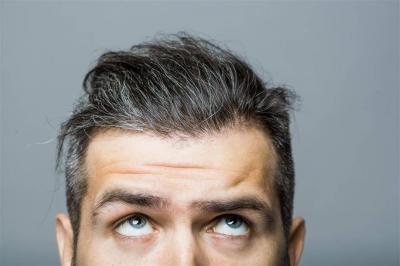Chronological aging occurs at the same pace for everyone, but biological aging varies significantly, depending on the life we lead and the risks we encounter. Thus, biological age reflects the accumulated damage to the cells and tissues in the body over time. Researchers have found a link between the pace of biological aging and people's housing experiences. A study conducted by the University of Adelaide and the University of Essex revealed that living in a rented property accelerates biological aging by more than two weeks each year. The study concluded that "renting has worse effects on biological age than being unemployed (adding 1.4 weeks annually), being obese (adding one week annually), or being a former smoker (adding about 1.1 weeks)."
Emma Baker, a housing research professor at the University of Adelaide, stated that renting adds "about two and a half weeks of aging" annually to an individual's biological clock compared to those who own their homes. In fact, renting is "noteworthy because social renters, for some reason, do not seem to experience this effect, as mentioned in the ABC News Daily podcast." Baker clarified that "the security of social renting, also known as public housing, can be compared to people living under indefinite lease agreements." She noted, "When looking at large studies of the Australian population, the average lease lasts between six to 12 months. So, even if your lease is extended, you are still living in a minor state of uncertainty, and in actuality, you are not completely secure about whether your lease will indeed be renewed. We believe this is one of the reasons that contributes to effectively losing years in biological age."




